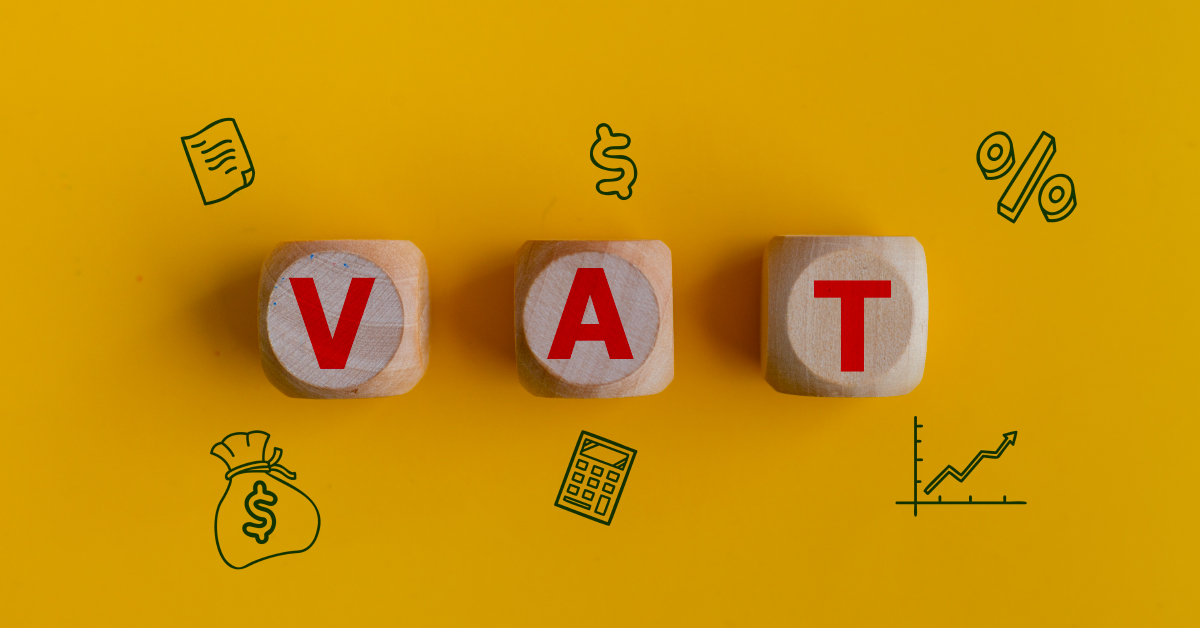What You Need to Know About Self-Employed Registration in Spain

Spain has something to offer everyone. In addition to its rich cultural heritage and stunning landscapes, it boasts a high quality of life and a relatively low cost of living.
That’s why you may be considering making it your new home, but also your business location.
However, before starting as a freelancer in Spain, you must register with the appropriate authorities and obtain the necessary documentation.
Navigating the self-employed registration process can be complex and time-consuming. Still, it can be straightforward with the correct information and guidance.
This article provides a step-by-step guide about self-employed registration as a freelancer in Spain, including the documents you need, the registration process, and the legal and financial considerations you should know.
Table of contents
When Should I Register as a Freelancer in Spain?
This is the definition that the law gives us about a self-employed worker: “an autónomo or freelancer is the one who habitually, personally, and directly carries out an economic activity for profit, without being subject to an employment contract, even if they use the paid services of other people.”
In summary, there are 4 essential elements:
- The activity must be regular.
- It must be personally and directly carried out by you.
- It must be lucrative, so you must earn money with it.
- There mustn’t be an employment contract. Otherwise, you will be considered as an employee.
Self-Employed Registration: How to Become a Freelancer in Spain
To become a freelancer in Spain, you must meet these requirements:
- Get proof of residency (empadronamiento).
- Obtain a foreign identity number (NIE).
- Get a self-employed work visa.
- Open a bank account.
- Register with the Spanish Tax Office.
- Register with the Spanish Social Security Authority.
Let’s see one by one.
Get Proof of Residency (Empadronamiento)
After arriving in Spain, you must register at the city hall and obtain proof of residency or empadronamiento, as it’s essential for collecting your NIE.
To get your empadronamiento, you’ll need to fill out the corresponding application form, a valid passport and copy for each member you’re registering, and a proof of address (Eg. property deed, a rental contract, utility bills, etc.)
Obtain a NIE
This is important as it’s your identification number, so you’ll need it for (almost) everything.
To obtain it, you must follow these steps:
- Make an appointment at the Spanish National Police Station (Comisaría de Policía) or Foreigner’s Office (Oficina de Extranjeros) where you will reside. This may be the hardest part, as the available appointment slots can fill up quickly, making it difficult to find a suitable date and time.
- Fill out the EX-15 form, which can be downloaded from the Spanish government website or obtained at the police station or foreigner’s office.
- Provide a valid passport or national ID card and a document copy.
- Provide proof of why you need the NIE, such as a job offer, business plan, or property purchase agreement.
- Form 790, code 12, duly completed, and payment of the corresponding fee.
- Return to the police station or foreigner’s office at the assigned date and time to collect your NIE.
Get a Self-Employed Work Visa
If you are a citizen of a European Union (EU) country, the European Economic Area (EEA), or Switzerland, you don’t need a visa or work permit to work in Spain, so you can skip this step.
But if you’re from outside these countries, you must get a self-employed work visa.
You can find all the required documents and the application form in this link, but we’ll summarize the most relevant aspects:
a) Duration
A self-employed work visa will allow you to live and work in Spain for one year. After this, you can renew the permit for another two years. Once you’ve reached five years, you can apply for permanent residency and Spanish citizenship, allowing you to live and work in Spain indefinitely.
b) Documents required
To apply for a self-employed work visa in Spain, you will need the following documents:
- National visa application form.
- A recent, passport-size, color photograph.
- Your original passport and a photocopy of the pages that contain biometric data.
- A criminal record check certificate.
- A medical certificate (original and a copy).
- Proof of residence.
- Payment of the visa fee.
You can find all the information about the documents in this link.
Open a Spanish Bank Account
Although having a separate bank account for yourself and your company in Spain is optional, we highly recommend it.
It’s also possible to handle your finances from an overseas account, but managing your daily expenses may be challenging and expensive if you plan to be a long-term resident in Spain.
For example, tasks like paying Spanish utility bills or obtaining a Spanish mortgage are often more convenient and less expensive with a Spanish bank account.
To open a bank account in Spain, you’ll typically need to provide the following:
- Proof of identity (e.g., passport).
- Spanish foreigner identification number (NIE) and certificate (número de identificación de extranjeros).
- Proof of address.
- Proof of employment status (e.g., student card, employment contract, unemployment documentation).
Self-Employed Registration With the Spanish Tax Authority
When registering as a freelancer at Hacienda or the Spanish Tax Authority, you must present form or modelo 37, which contains information on the kind of activities or sector you’ll be working on.
You also have to register in the corresponding IAE (tax for economic activities or impuesto sobre actividades económicas) epigraph.
The Epígrafe de Actividades Económicas (IAE) system is used in Spain to classify economic activities and establish the corresponding tax obligations for individuals and companies engaged in these activities.
It identifies the type of economic activity being performed and determines the applicable tax rates and regulations.
Each epigraph has a corresponding code that identifies the activity being performed. It is used to register the individual or company with the relevant tax authorities.
You can do it in person or online, which is a good way to save time, but you will need a digital certificate or equivalent identification.
Self-Employed Registration With the Social Security Authority
You must register with the social security system within 30 days of registering with the tax authorities. Still, first, you will need to obtain your Social Security number and register for the special regime for autónomos or freelancers (RETA).
The application form you must fill out, in this case, is the TA 0521, whether online or in person, and provide the following documents:
- Your NIE, passport, and a copy.
- The IRPF obtained at the tax agency office.
- Proof of address (empadronamiento).
- Details of your Spanish bank account.
What Taxes Do I Need to Pay as a Freelancer in Spain?
As a freelancer in Spain, you must pay income tax (IRPF), value-added tax (IVA), and social security contributions.
You’ll have to pay a freelance quota based on your real income, but the good news are that when you’re starting as a freelancer in Spain you don’t have to pay high fees and you can request the flat rate for freelancers.
How to Register as an Freelancer in Spain Without Going Crazy?
Hey, I get it! Even though I’ve tried to break it down and simplify it, it can still be a bit overwhelming because of all the forms and documents you need to provide.
But don’t panic. If you join Companio One Spain, you’ll sign up in minutes. We’ll register you as a freelancer in Spain for free and 100% online, so you forget about complex forms and administrative tasks!
Sounds good, right? Start saving time, money, and headaches. Sign up for Companio One Spain now.



